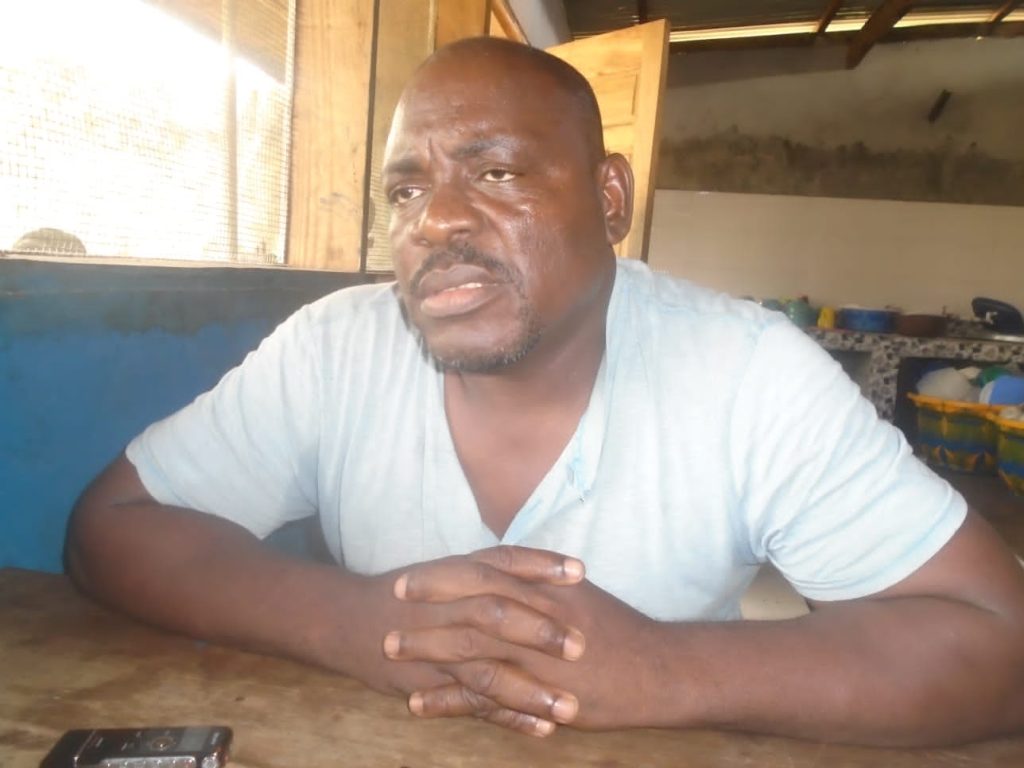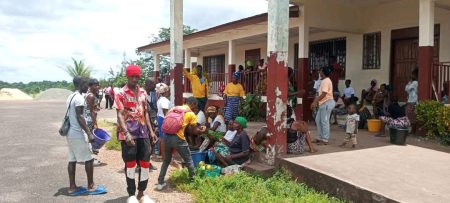Joshua Milton Blahyi, infamously known as General Butt Naked for his brutal wartime atrocities, is currently fighting for his life at the Kidney Solutions Hospital in Kenya. He was transferred from Liberia’s John F. Kennedy Medical Center (JFK) due to the severity of his illness, highlighting the deteriorating health conditions of several former warlords in the country. Blahyi’s family has appealed to Liberians for prayers, hoping for his recovery amidst this critical situation. This recent health crisis evokes memories of the recent demise of another prominent warlord and former senator, Prince Yormie Johnson, who passed away at the Women of Hope Hospital in Paynesville. The recurring health issues among these figures have fueled public speculation, particularly given the backdrop of President George Weah’s ongoing efforts to establish a war and economic crimes court in Liberia.
The timing of these illnesses has raised eyebrows, prompting many to question whether they are genuinely medical or strategically motivated. With the looming possibility of a war crimes court, some suspect that these former warlords might be feigning illness or exaggerating existing conditions to avoid potential prosecution. The sudden incapacitation of Sekou Damate Konneh, leader of the Liberia United for Reconciliation and Democracy (LURD), further adds to the growing suspicion. These coincidental health crises have created a cloud of doubt over the true nature of their ailments, leading many to believe they are calculated maneuvers to evade accountability for past actions.
General Butt Naked’s story is particularly intriguing. Once a notorious warlord known for his extreme brutality and eccentric rituals, he later underwent a dramatic transformation, claiming to have found religion and repented for his past sins. He became an evangelist, preaching forgiveness and reconciliation. However, despite his public repentance, the specter of his past actions continues to haunt him, especially now with the potential establishment of a war crimes court. His current health crisis adds another layer of complexity to his already controversial life.
The Liberian public is closely watching these developments, keenly aware of the implications for the country’s pursuit of justice and accountability. The potential establishment of a war and economic crimes court is a significant step towards addressing the legacy of the Liberian civil wars. However, the recurring health issues of key figures like General Butt Naked, Prince Johnson, and Sekou Damate Konneh pose a challenge to the court’s effectiveness. If these individuals are truly incapacitated, it raises questions about the feasibility of bringing them to justice. On the other hand, if their illnesses are a pretense, it underscores the lengths some might go to evade accountability.
The case of General Butt Naked underscores the delicate balance between forgiveness and justice. While his transformation from warlord to evangelist is remarkable, it does not erase the atrocities he committed. His current health crisis raises questions about the nature of redemption and whether it can absolve one from facing the consequences of past actions. The Liberian public is grappling with these complex issues as they await the outcome of his medical situation and the progress towards establishing the war crimes court.
Beyond the individual cases, these health crises highlight the broader challenges of post-conflict societies. Liberia’s efforts to establish a war crimes court represent a commitment to addressing past wrongs and building a more just future. However, the potential evasion of justice by key figures underscores the difficulties in holding perpetrators accountable and achieving true reconciliation. The recurring health issues of these former warlords serve as a stark reminder of the complexities of dealing with the legacy of conflict and the ongoing struggle for justice and accountability in Liberia. The nation waits anxiously to see whether justice will be served or whether these figures will successfully evade accountability under the guise of medical incapacitation.














